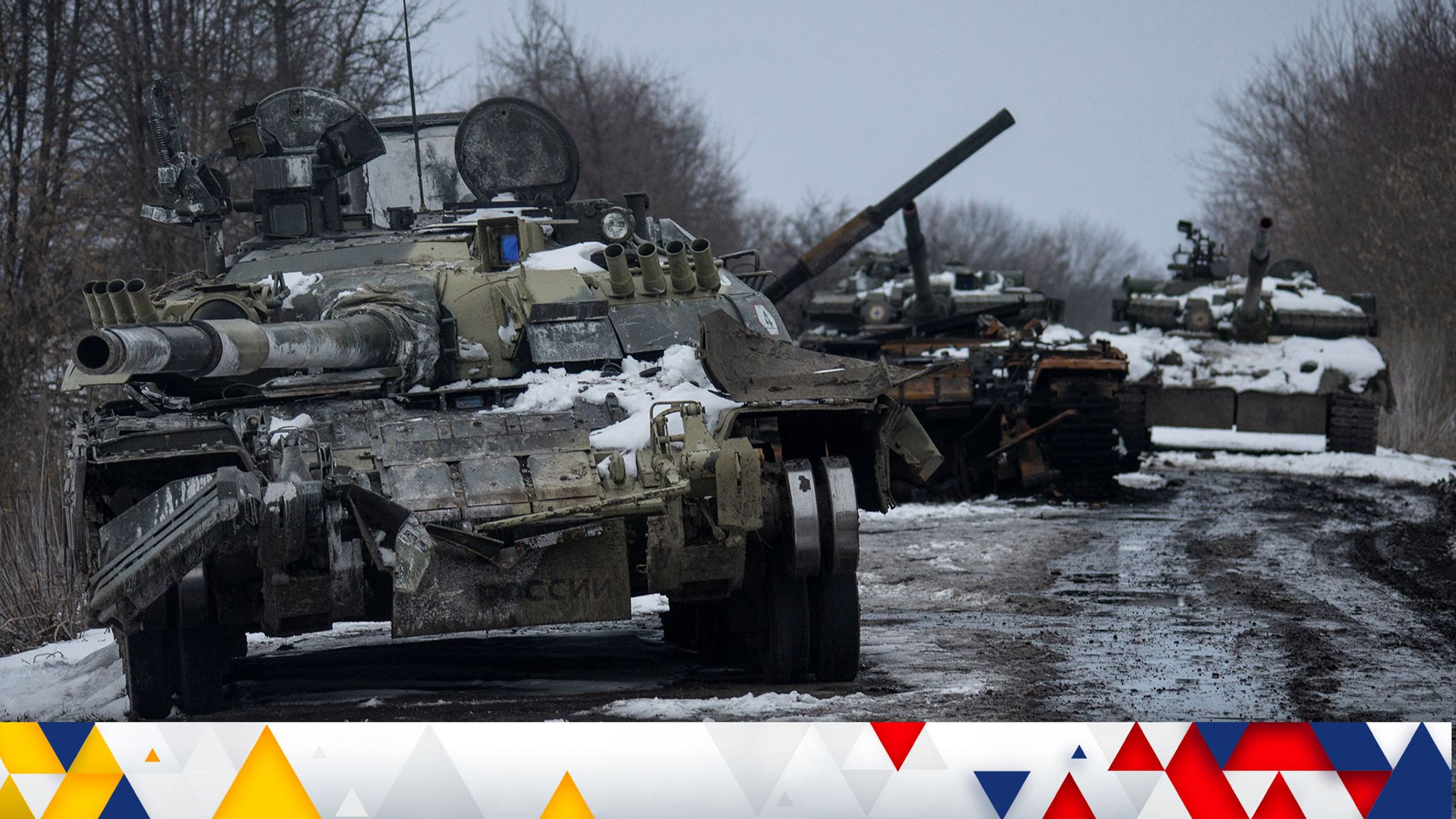



Article by: Hari Yellina
The conflict in Ukraine has far-reaching consequences for the food supply chain. Business operations and trade flows will be disrupted, as will commodities and energy prices. Moreover, the economy’s outlook will deteriorate. Many food and agribusiness industries in Europe and internationally are feeling the effects. With each passing day of the war, it becomes evident that the consequences for the food and agricultural sectors are enormous. Ukraine and Russia are both worldwide powerhouses in the grains and oilseeds complex, as well as big food-consumption markets. Of course, food companies operating in Ukraine are the ones that are suffering the most. However, the impact is widespread, and many enterprises across the food value chain have already or will soon be affected.
It is without a doubt that the people of Ukraine, as well as the firms who do business there, are in the midst of an unfathomable catastrophe. And it’s impossible to predict how the situation will change once the conflict stops for the country’s national and multinational food producers. Concerns regarding local food supply are growing by the day. Additionally, the situation is complicated for international food manufacturers and traders with operations in Russia, but on a different level. On the one hand, these businesses are dealing with the effects of sanctions as well as a worsening economic environment. On the other hand, because food imports have reduced, demand for products originating from or manufactured in Russia has soared.
Many foreign food enterprises in Ukraine have temporarily ceased operations due to the conflict, and some have also halted exports to Russia. There will be pressure to restore plants in Ukraine if the security situation allows them, as food is a vital need. However, western firms, in particular, are considering their future presence in Ukraine and/or Russia. Their course of action will depend on multiple things including the development of the conflict and the safety situation, the importance of these markets in terms of supply or demand and reputational considerations.
A large number of food and agriculture enterprises trading with colleagues in Ukraine and Russia are facing logistical challenges. Some prominent instances include the shutdown of Ukrainian ports and the security situation on the Black Sea. Despite the fact that food products are exempt from the financial sanctions, importers and exporters may face issues in making payments if their trading partners use sanctioned Russian banks. As a result, food supply concerns are arising as a result of disruptions in food exports, with governments likely to interfere in markets to ensure domestic food supplies.